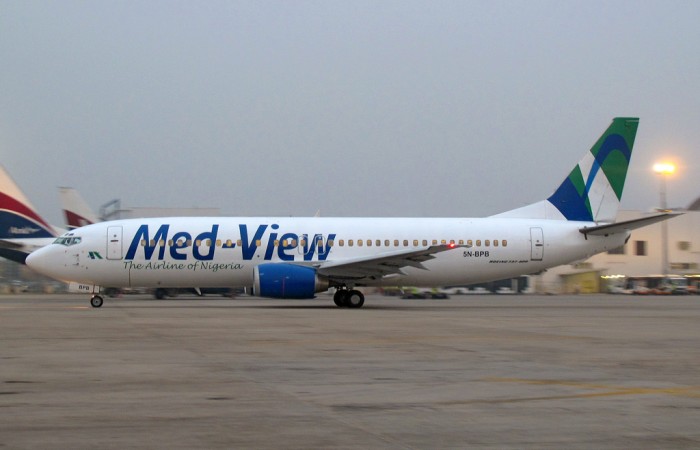
The last two weeks could be described as the toughest period for Nigerian airlines as the aviation sector witnessed the worst fuel crisis in at least the past two years. The product was not available and few companies that had the product, sold at exorbitant prices.
Airlines’ operations were crippled. Air passengers, who could not make planned business of personal trips because of flights cancellations or delays, felt downcast at their inability to keep scheduled appointments.
The cloud of uncertainty and hopelessness enveloped the aviation industry and some irate passengers who had waited for several hours only to be informed the flights had been cancelled, ventilated their anger by hitting the counter of airlines they held their tickets. Some went into fisticuffs with airline officials who looked unperturbed though deeply concerned.
To say the lingering fuel scarcity caused so much pain to everyone; from the marketers to the airlines to the aviation agencies and to the passengers is an understatement. Everyone was losing money; everyone was losing time. Everyone was losing opportunities. Everyone wished it went away.
The perennial aviation fuel crisis has defied all solutions as successive governments failed to address the root causes, by boosting local refining capacity. It is feared that an end may not be insight because the country still import much of the product and local refining capacity is still very low. Also, the high exchange rate, which is about N380 to a US dollar in the parallel market, where forex is sourced due to scarcity of the green back, will make the matter worse.
THISDAY investigation revealed that where the product is available, it is sold for between N250 to N280 per litre. So marketers, who spent so much to bring the product to Nigeria, would only increase the price in order to make very little profit. “Now, the marketers, according to inside sources, see the importation of aviation as a patriotic duty; not as a business enterprise “because there is a lot we can do with our money than to struggle to use it to import aviation fuel, but without the product air transport will be paralysed and this will affect our economy,” explained a source at one of the oil marketing companies.
THISDAY spoke with the Director of Consumer Protection Directorate of the Nigeria Civil Aviation Authority (NCAA). Adamu Abdullahi, who painted a graphic picture of what passengers are going through and explained that the airlines cannot be held responsible because the fuel scarcity is beyond their power to control.
Abdullahi : “Yesterday (July 24) I had Dana Air booking by 6:30 pm to Lagos from Abuja. As at 2:00 pm the flight was moved from 6:30 to 7:30 pm. I was at the airport by 6:00 pm waiting for my flight. Around 7:00 p.m. I got another message from the public speaker system at the airport that the flight had been moved to 9:00 p.m. So I didn’t have a choice, I had to wait because I knew it was beyond the power of the airline.
“What is happening is that there is aviation fuel shortage in the country. Since government decided to deregulate the importation of fuel, it also affected the importation of Jet A1 and therefore the product is scarce. We don’t refine it locally. Kaduna and Warri refineries used to refine Jet A1 in this country and they don’t do so anymore. Now we depend solely on importation.
“So for oil markers to go to the black market and buy dollar at N380 per dollar, it is very, very expensive and by the time you bring your product to the country it is no longer economically viable. As you know, aviation fuel constitutes about 70 to 75 per cent of cost of the ticket you buy. So by the time the cost of aviation is added to the ticket we are in trouble. So airlines are doing business at a very, very expensive rate because their major cost of operation, which is aviation fuel has gone up by over 150 percent,” Abdullahi explained.
He said that at about N280 per litre, aviation fuel is too expensive so oil marketers are not willing to import the product, adding that passengers are already paying fares, which have increased by over 50 percent and this would increase as Nigeria continues to import the product.
“So if you buy aviation fuel at N280 per litre to operate. It is too expensive. So what we are experiencing now is that marketer are not willing to go ahead and import fuel at that price. We are already paying about 50 percent more on our ticket prices. By the time it gets worse that we would pay N50, 000 for one hour flight in Nigeria that is when we are going to really experience difficulties,” he added.
Abdullahi urged passengers to understand that airlines should not be blamed for this but it is happening because of the nation’s economic downturn. He said that the only solution to the problem is the local refining of the product.
“This is a passing phase. It won’t last forever. Government knows what is going on. Government is aware and it is working hard to relief people of this suffering. So people should exercise restraint and understand that this will come to pass,” Abdullahi promised.
THISDAY






